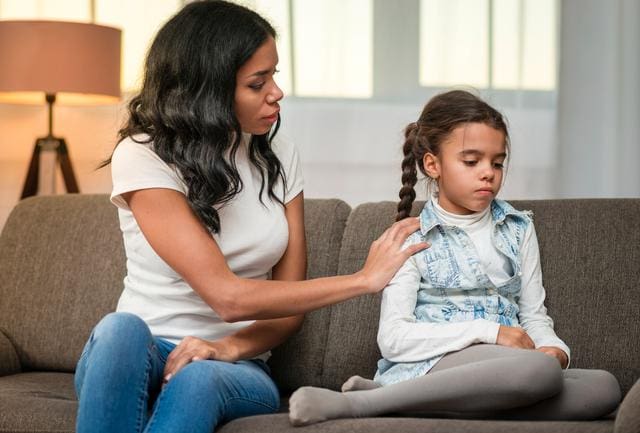Parents often tell their teenage children: “I don’t want you to make the same mistakes I did.” But giving them the freedom to make mistakes, and face the consequences, is a key to good parenting, and to raising healthy kids.
It’s natural to want to spare our children pain, both physical and emotional. In early childhood development this protective instinct is focused on keeping a child safe in the most basic ways: “Don’t run…you will fall.” “Don’t touch the stove…it’s hot and you’ll get burned.” “Don’t go anywhere with a stranger…” etc. And of course this protectiveness is essential for a child’s safety; it’s a basic responsibility of good parenting.
We live in an era of raising safe children. Homes are “childproofed.” There are helmets for every sport, railings on young children’s beds, no peanuts allowed in most nursery schools. In this emphasis on safety lies an embedded message: If you do everything right, your child should not get hurt. Pain is preventable.
Things become more complicated when a child becomes an adolescent. As the basic safety needs of childhood become less salient, other more complex issues take their place: Is my son developing healthy relationships with peers who are “good kids?” Is my daughter taking responsibility for her academic life? Are drugs and alcohol becoming a problem? Are my kids acting responsibly in response to their burgeoning sexuality? The list goes on and on. But unlike in the early childhood years when the parent’s role as protector is fairly straightforward, the parent of an adolescent has a far more complicated job.
For the adolescent, making mistakes is essential. Adolescence is the developmental period when separation from parents and identity formation are the critical tasks. Adolescents need to experiment, to “try on” different sorts of relationships, different behaviors, and different identities. Naturally this experimentation will lead to their making mistakes, both small and large.
The adolescent will learn a great deal from these mistakes. Indeed, teenagers have to learn what they aren’t in order to learn what they are. A bad relationship will help a 16-year-old get clear about what kind of partner is truly desirable. Failing to study for a test, and thus “bombing it,” may motivate a 15-year-old to begin to study earlier next time. Being unkind or unfair to a peer, and seeing the hurt feelings that result, might make a 13-year-old feel guilty, and decide to apologize. Drinking too much and feeling lousy the next day might encourage a 17-year-old to see that alcohol isn’t so cool after all.
Stumbling gives teens a chance to learn how to make amends for a mistake, and to “own” the consequences. How does one apologize? How does one take responsibility? How can the teen’s gut feeling that their action was a mistake begin to build that internal moral compass that is so essential throughout life? The adolescent must bump up against adversity in order to develop as a person, and parents should resist the natural temptation to shield their child from these bumps at any cost.
So what should parents do when their kids make mistakes? The answer is not to condone the behavior or the decision. This is not about having no rules and being overly lenient and permissive. It is about assuming that rules will be broken, pushed, circumvented, and consequences must follow. It is about assuming that one’s adolescent will make many wrong choices. And it is about knowing that these mistakes are not the result of a parent’s failure.
The most critically important thing any parent can do is to hear what happened . . . and not just from another adult, but from the teen. Truly listening and questioning are paramount. The parent should not try to fix the problem for the teenager . . . but help the teenager come up with solutions that he or she will implement. Sometimes it helps for the parent to share a similar mistake that he or she made in the past, or to suggest another way of looking at a situation. Maintaining communication with the teen is the most helpful thing a parent can do. If a parent only blows up and punishes, the message is really twofold:
1. Mistakes should never be made and
2. Don’t come to me with your mistakes because I will not listen.
There is nothing easy about being a parent of an adolescent. The key lies in anticipating that teens will stumble . . . not because something is wrong with them, but because healthy development depends on it. At the Counseling Center of Bronxville, we help parents and teens solve problems, wrestle with painful or confusing feelings, and navigate through difficult times.


